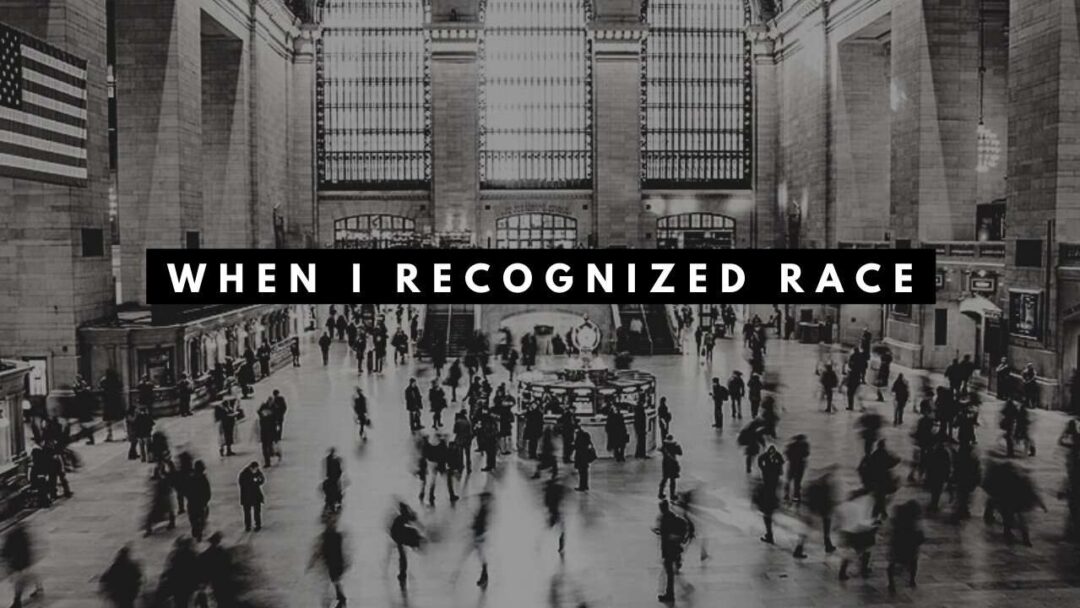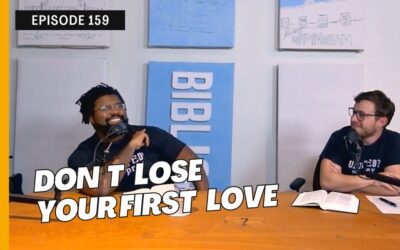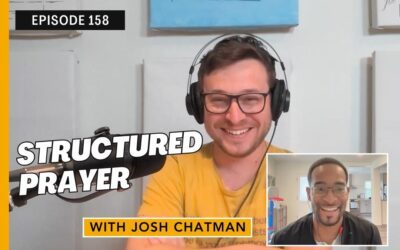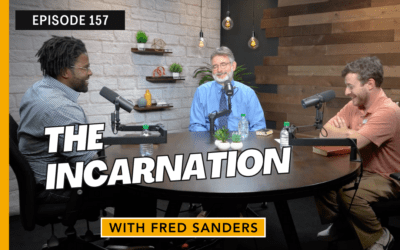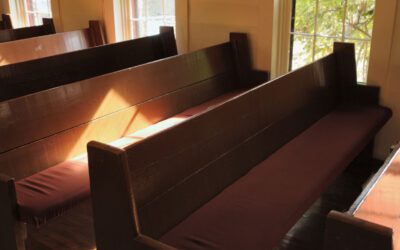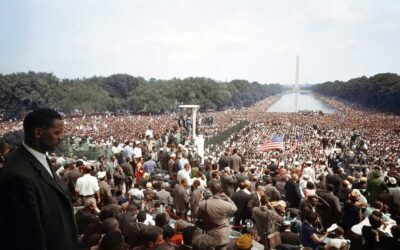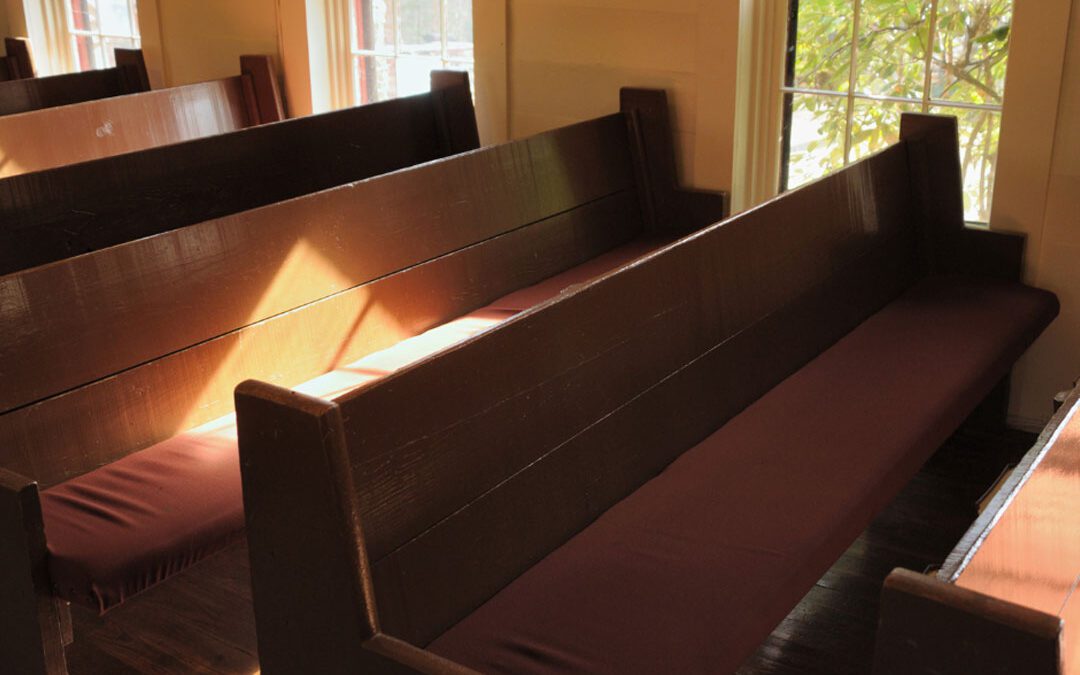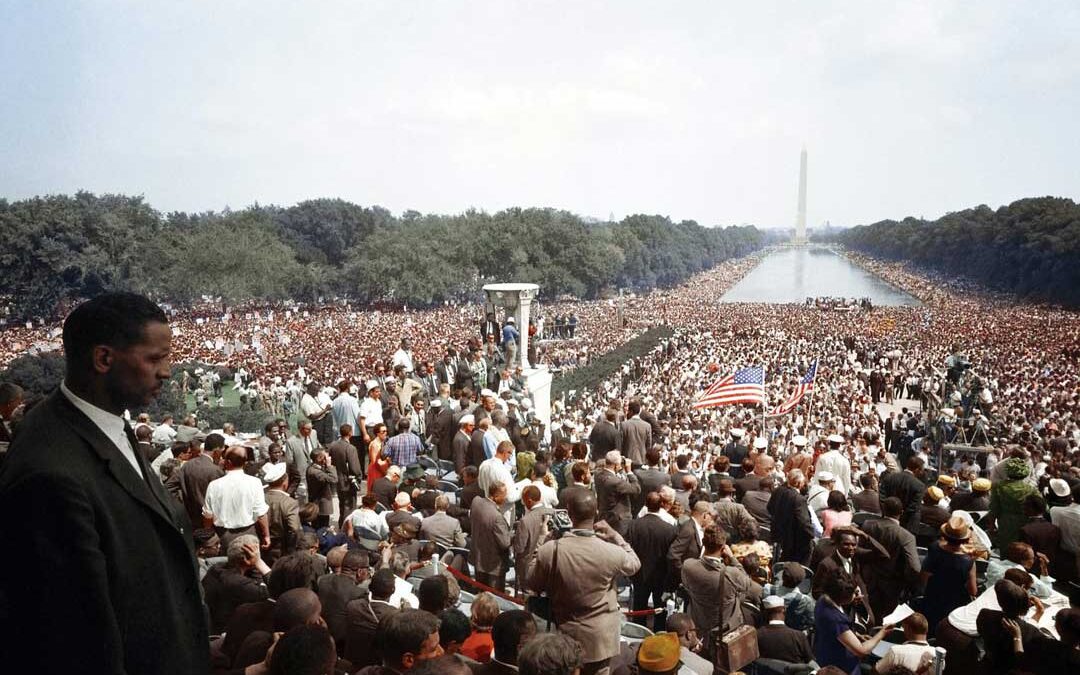Race & Trauma
Several years ago my wife and I went through a painful and traumatizing experience in our ministry, and it took me a long time to begin to bounce back. For years afterwards I struggled with depression. In fact, it took me about 3 years, I’d say, even to understand what I’d been through, let alone start dealing with it. It feels a little vulnerable admitting that, but perhaps if you’ve been through some kind of trauma yourself, you can understand what I’m saying.
One good thing came out of that experience, though. I found myself able to empathize with the pain of others at a deeper level. I went to public schools growing up, but I had never been bullied too badly. There is something about going through that experience of mistreatment and powerlessness that enables you to understand things more genuinely from a victim’s point of view. Until you’ve felt those terrible feelings of helplessness and injustice, it’s hard to fully get it.
I’ve always cared about the issue of racism and spoken out against it. But I don’t think I really felt how wrong racism is until I’d been through my own experience of victimization. Not that they are the same experiences, but my own ministry trauma compelled me to consider the anguish of others at a deeper level. To listen more carefully. To lay aside assumptions, open my heart, and really hear the pain of others.
Over the course of the last few years, I’ve been taking a deeper dive on the issue of racism. Reading books. Pursuing conversations. Praying. I’ve come to see how deeply entrenched racial injustice is within our culture, and I’ve made a personal decision before God to never shy away from addressing this issue out of fear. It’s just too important. A key moment for me came in May 2020. I will never forget the feeling in my heart when I watched the video of George Floyd’s death. How do you describe the agonizing, dark feeling of watching injustice, and feeling helpless? Come, Lord Jesus!
My journey on this issue has led me to deeply value the role that empathy ought to play. Unfortunately, empathy is often undervalued in our culture right now. We live in a time of polarization and suspicion, a time that naturally encourages tribalism and entrenchment. There are even some who think of empathy as more vice than virtue. Moreover, even when we value empathy, it is not easy. It requires vulnerability and openness—it involves entering in, on some level, to another person’s pain. Aloofness is far easier than empathy!
But the gospel calls us toward empathy. How can we “weep with those who weep” (Romans 12:15) if we do not seek to understand why they are weeping? Think of the example set for us by our Savior. He did not remain at a distance. He waded down into our suffering, and took on the worst of it himself. What is the result? “We do not have a high priest who is unable to sympathize with our weaknesses, but one who in every respect has been tempted as we are, yet without sin” (Hebrews 4:15). If Jesus has done this for us, how can we not strive to show the same compassion for others?
I wonder how our conversations about race would improve if we were better at practicing empathy. I suspect we would be less likely to commit some of the common blunders that many commit: failing to listen, minimizing the problem, or even blaming the victim. One who has been victimized will understand these tactics all too well and how they ultimately make the pain of the offense even worse, and those who empathize with victims begin to understand this pain. It is bad enough to be mistreated in the first place; it is another level of disorienting to then be blamed for it. It is bad enough to be mistreated on account of the color of your skin; but it is worse when you are told that you are being “divisive” for objecting.
This is how injustice works. At the very beginning of the Bible we get a glimpse at how sin devastates human relationship when Cain attacks and murders his brother Abel. But it doesn’t stop there. He then adds insult to injury by justifying himself when he is confronted by God: “[A]m I my brother’s keeper?” (Genesis 4:9). The story of Cain and Abel is told over and over again, in every generation, in all different forms. This is the pattern of injustice: wrongdoing followed by self-justification and evasion.
The gospel calls us to a better way: honesty, integrity, openness. It calls us to slow down, to face reality, to listen, and to stretch forward in love. It calls us to empathy.
To my black and brown friends, and to all who suffer the injustice of racial prejudice, I am listening so that I can try to better understand your pain. And I am standing with you to seek a better world.
Prayer Requests:
- Lord Jesus, help us to have empathy for the pain of others.
- Lord Jesus, make us better listeners.
- Lord Jesus, give us courage to stand against injustice.
- Lord Jesus, establish your kingdom in this world, even through us! Your kingdom come, your will be done. All our hope is in you.

